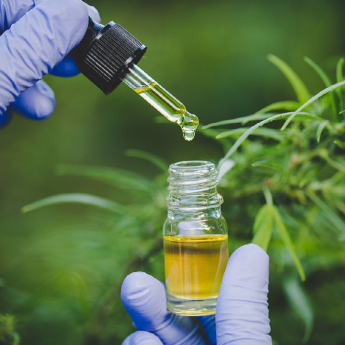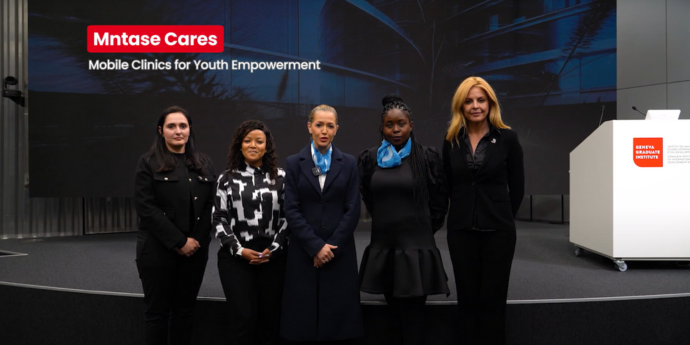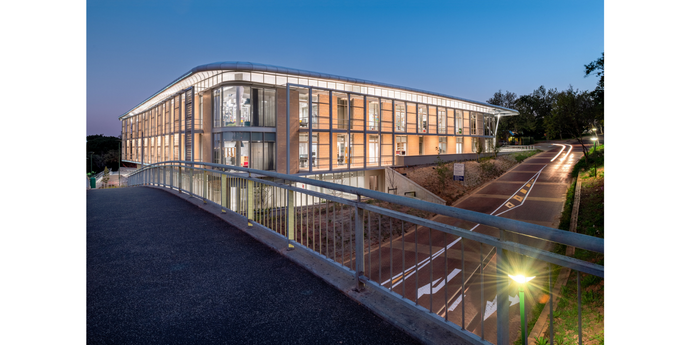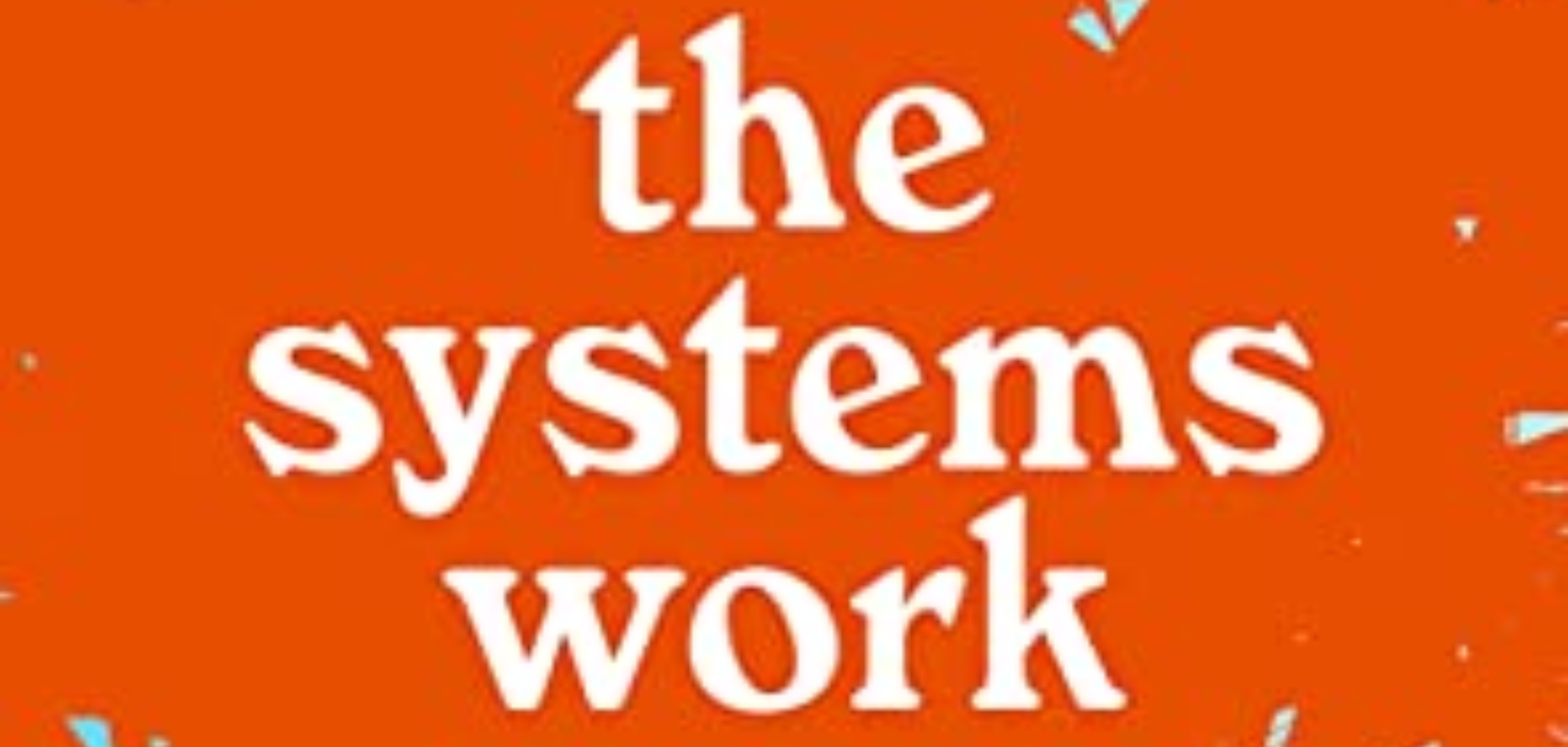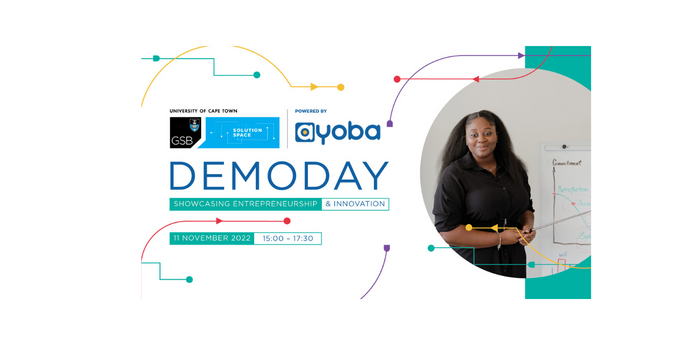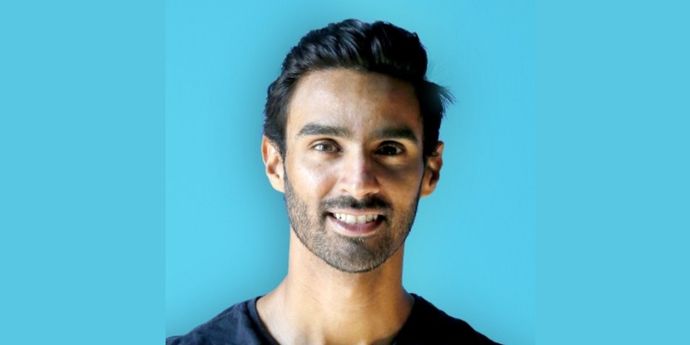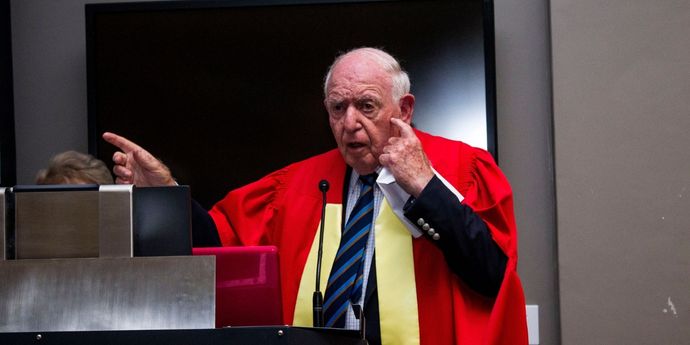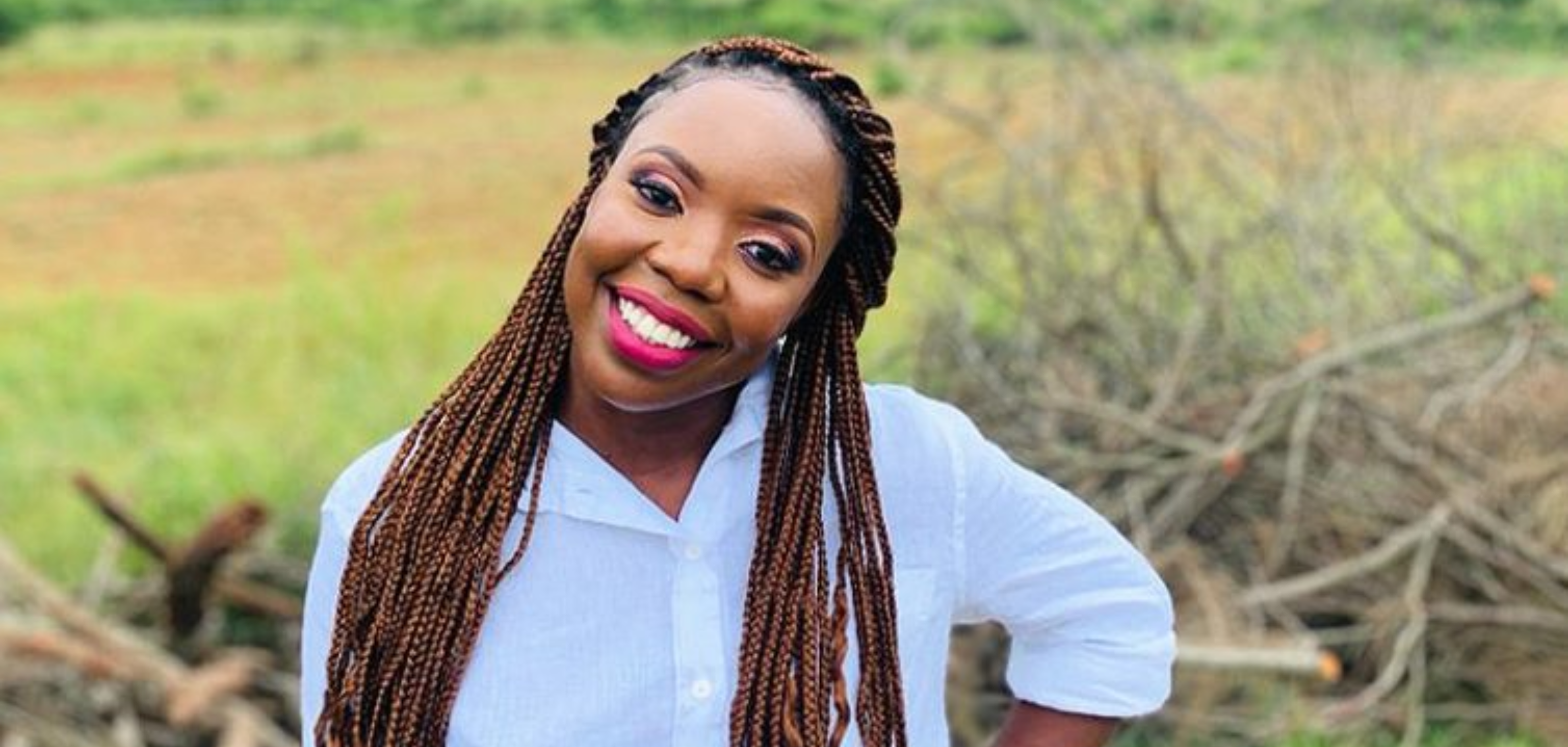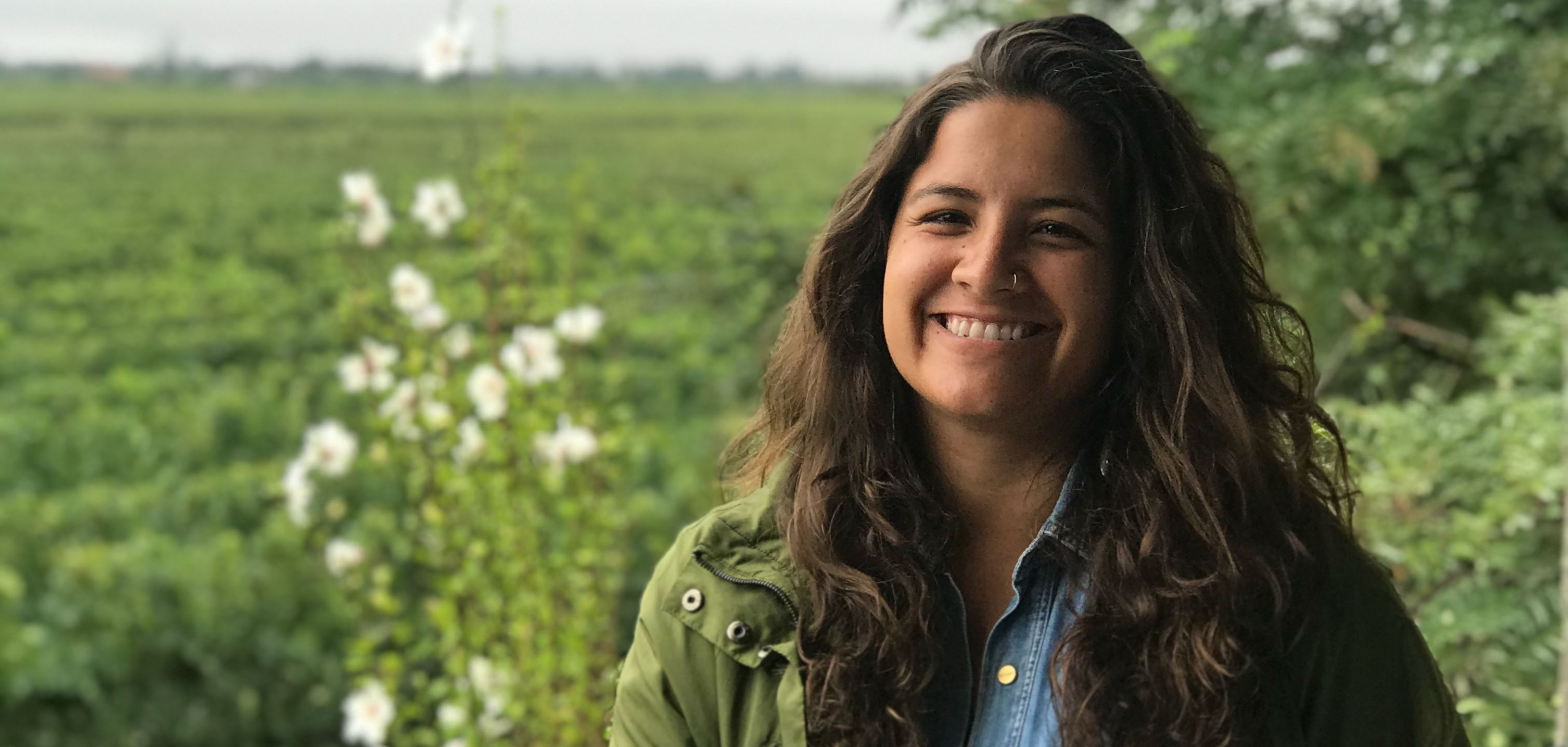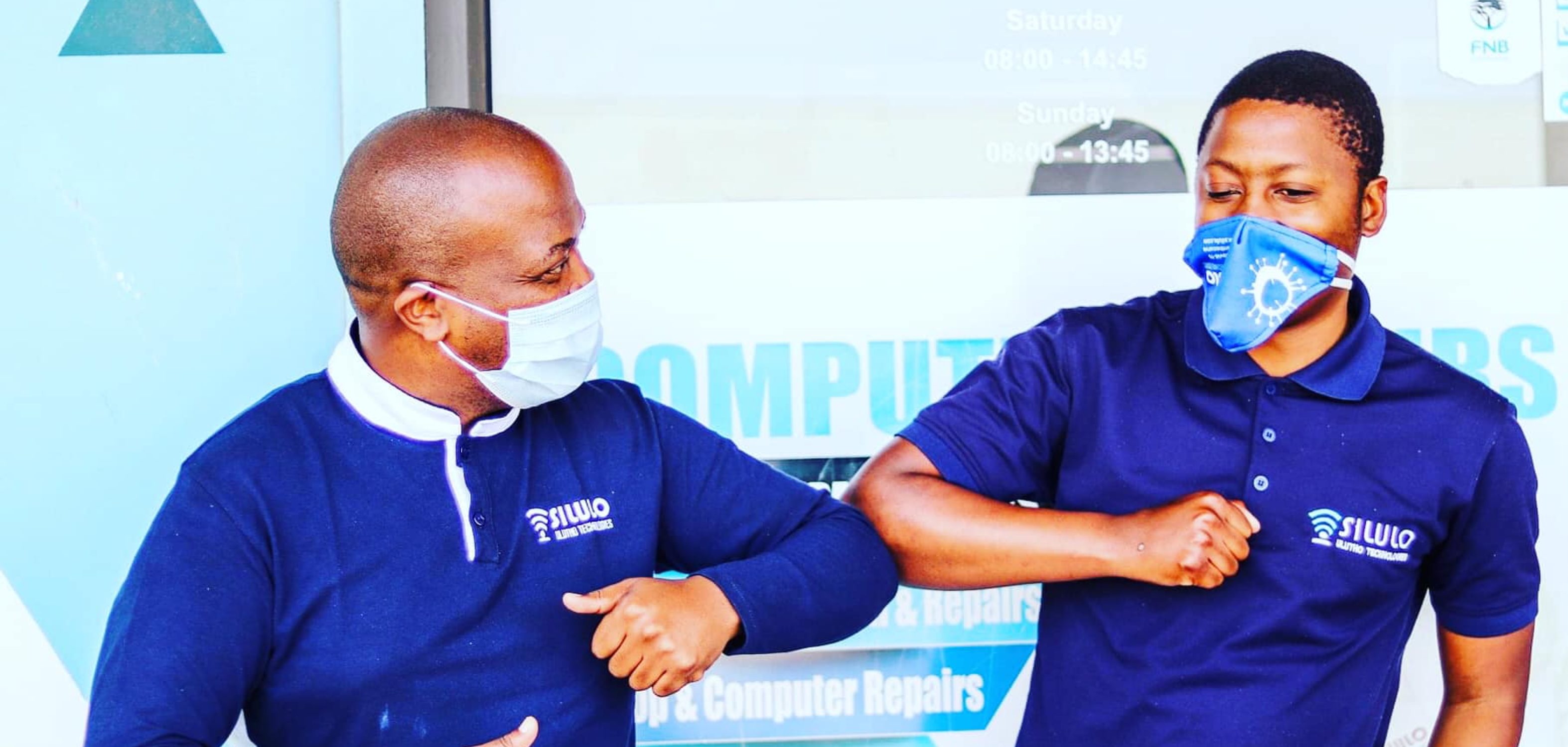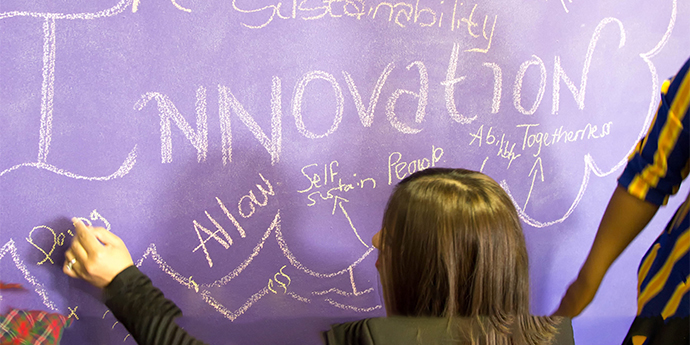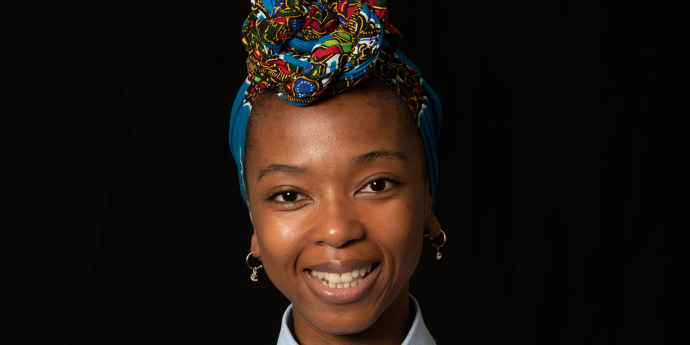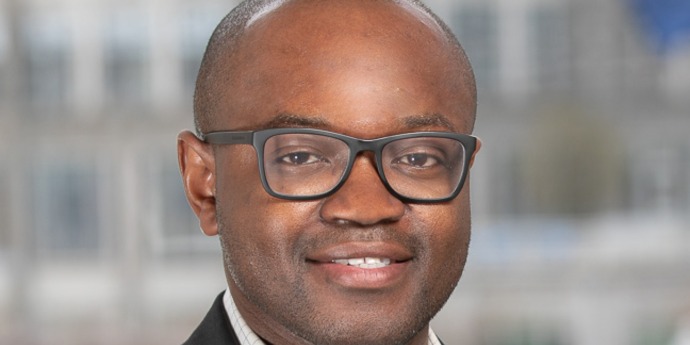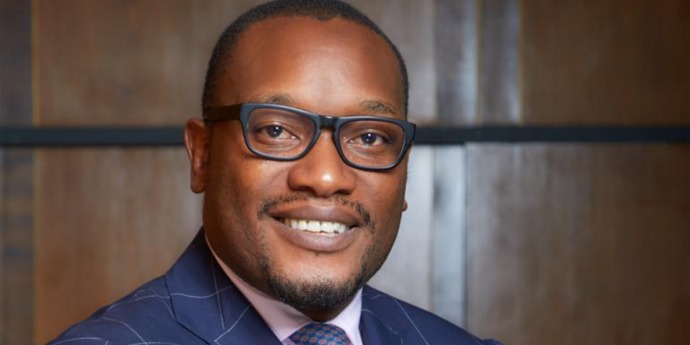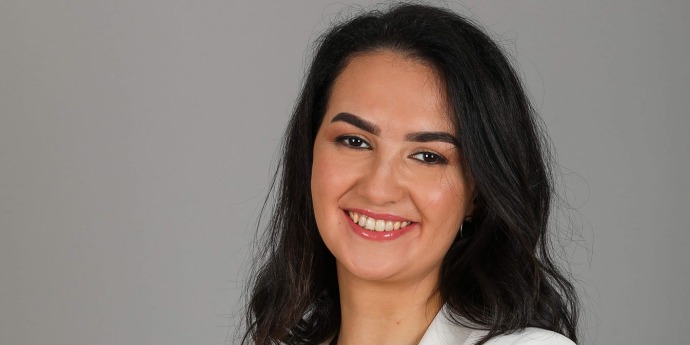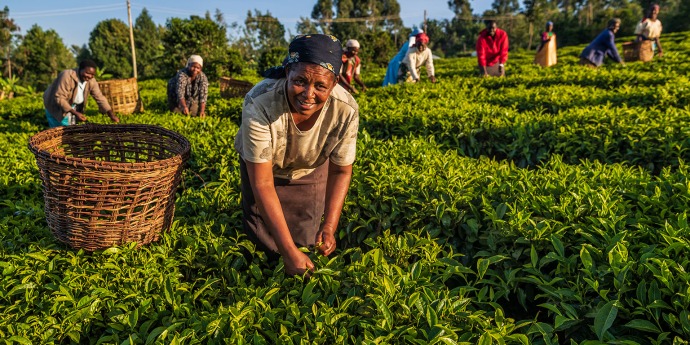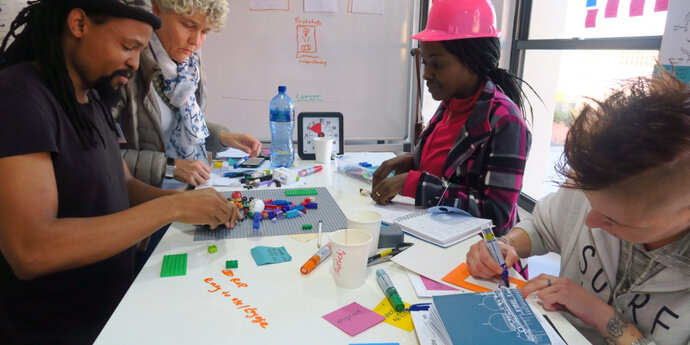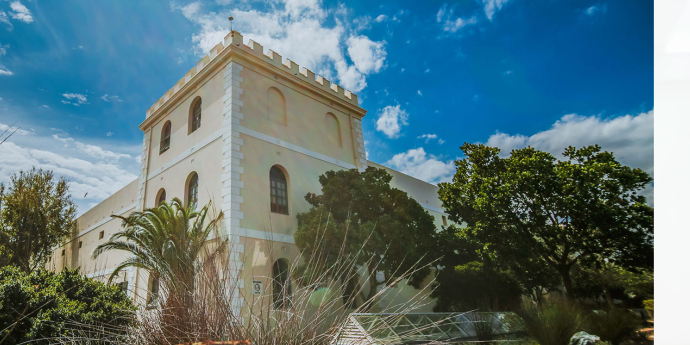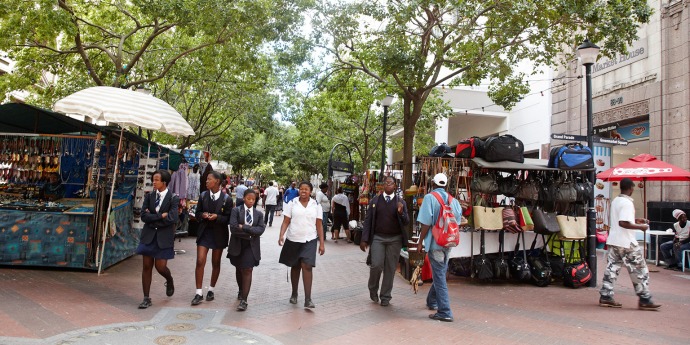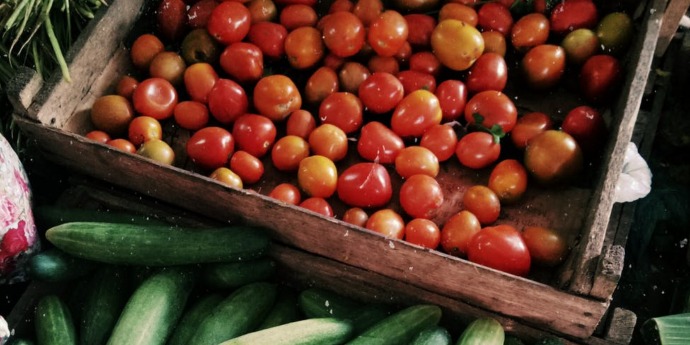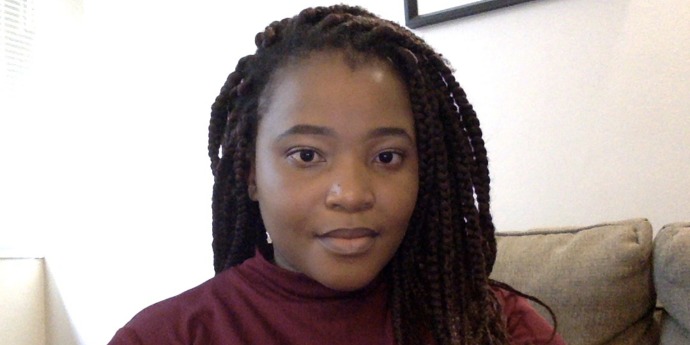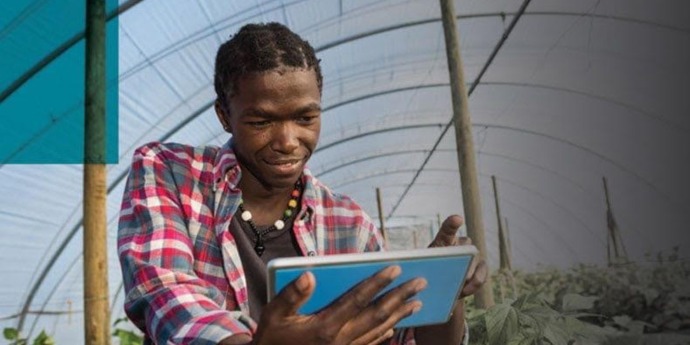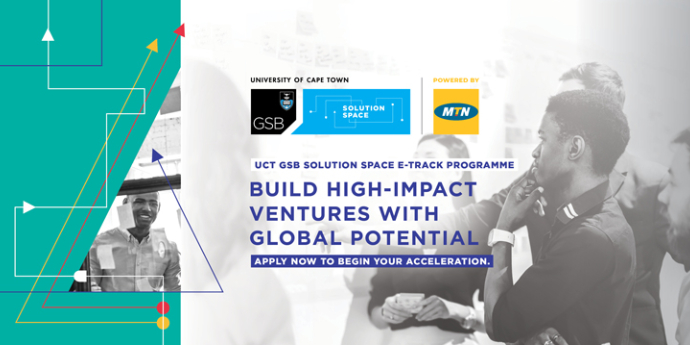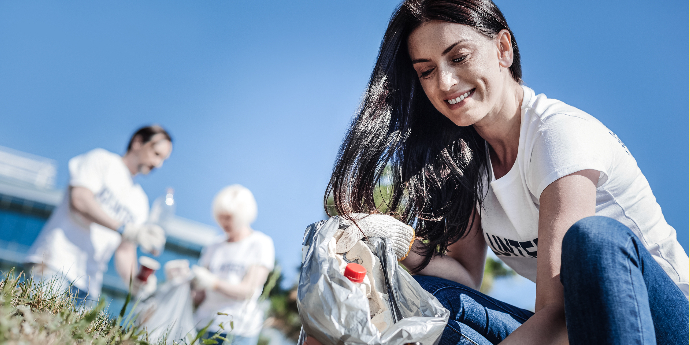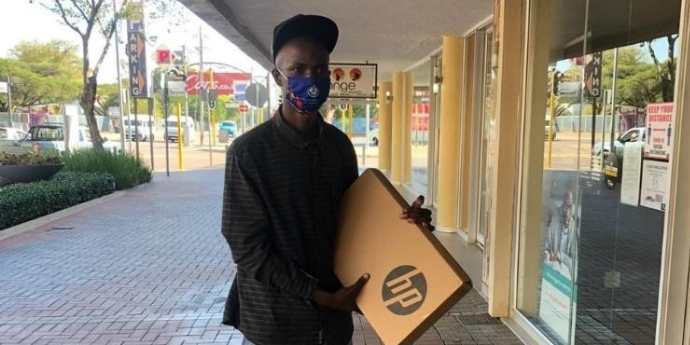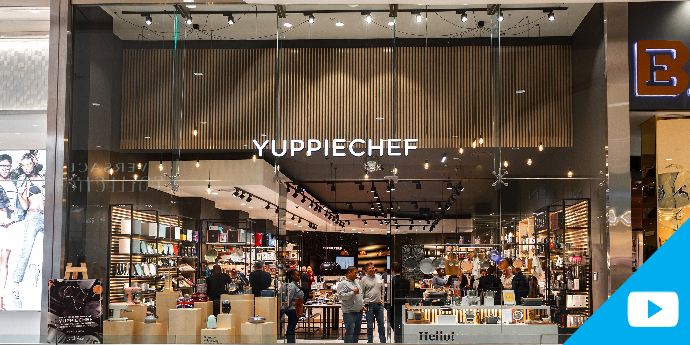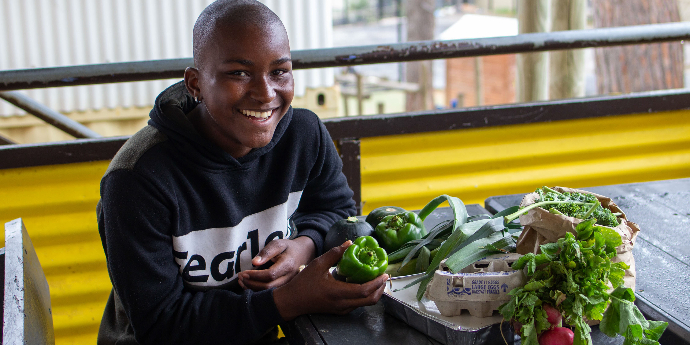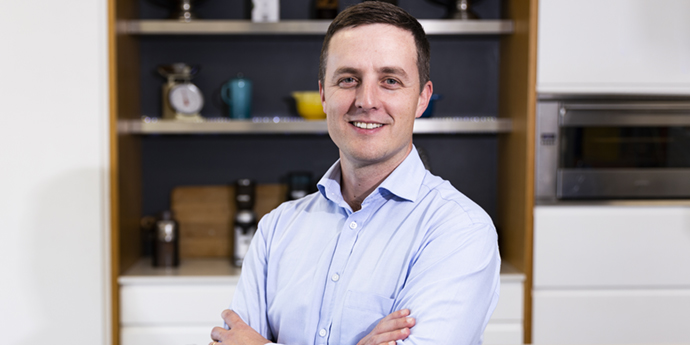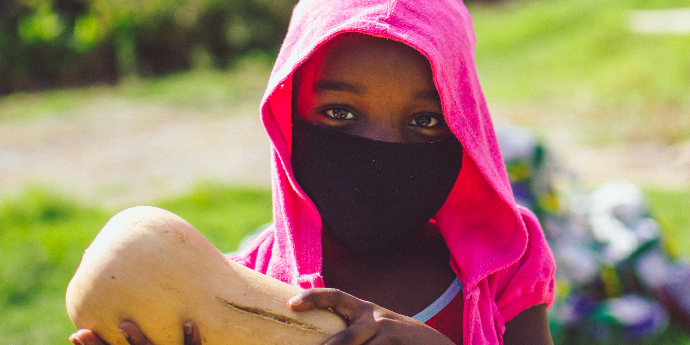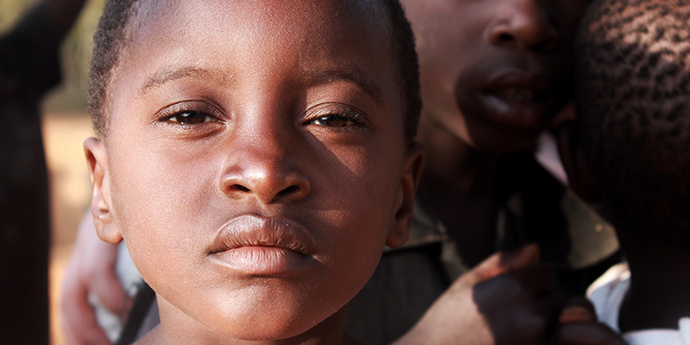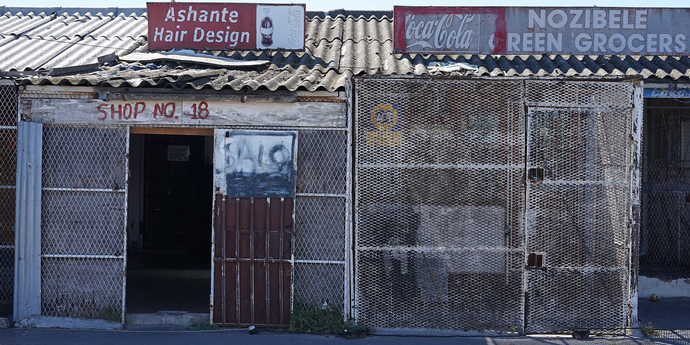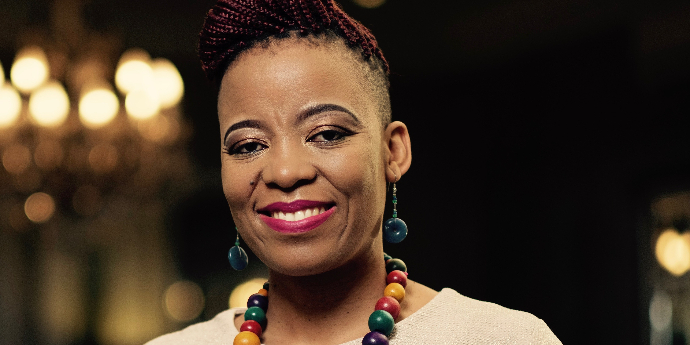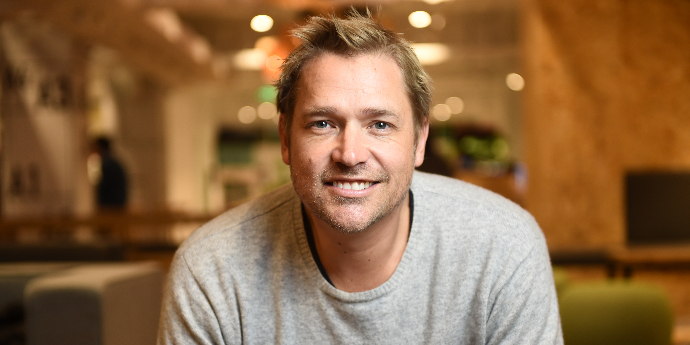BY Mikael Samuelsson and Stefan Nel
South Africa’s economy was built on the back of a gold rush that began about 140 years ago. Today, our gold industry is a shadow of what it once was, but a new frontier has opened up. It’s green, but don’t think renewable energy; it’s cannabis. With an annual expected global (legal) market growth rate of nearly 27% between now and 2028, it’s not hard to see why people are in such a hurry to sow these lucrative little seeds.
Over the last 20 years, countries around the world have begun legalising various forms of cannabis, with a particular focus on its medicinal use. Of the myriad chemical compounds in cannabis that hold promise, of most interest within South Africa’s current regulations is cannabidiol, commonly known as CBD, which is believed to have myriad health benefits. On 23 May 2019, the South African Health Products Authority (SAHRPA), which oversees the regulation and inspection of medicines, removed CBD from the list of scheduled substances, effectively firing the starting gun for an entire industry’s race to market.
Running fast requires a sure footing
Among the many prospectors with an eye on the ‘new gold’ is a South African company experienced in mining and processing botanicals that foresaw the upcoming deregulation. Since its establishment in 2001, Afriplex has carefully planned its entry into the commercial space of this perceived wonder plant. Now its story has been captured in an award-winning teaching case study written by the University of Cape Town Graduate School of Business, thus ensuring that it can be shared with generations of business school students to come.
The case study, which won the award for the Best African Case Study in the prestigious 2020 EFMD Case Writing Competition, details how Afriplex positioned itself as a specialist in the cultivation, extraction and production of indigenous botanicals for a variety of products. But such prospecting hasn’t been simple – it has required sophisticated technologies, large investments in research and development, and a rich base of highly trained human resources.
Afriplex’s deep knowledge of turning plants into medicines, and packaging it to consumers, makes it well placed to be first out of the blocks in the green rush. Moreover, it has secured the good manufacturing practices (GMP) certification necessary for a cannabis-processing licence. Even still, this new frontier holds all manner of hidden challenges.
Finding the right strategy
Knowing this, Danie Nel, CEO of Afriplex, has established a task force to lead the charge of the company’s medical cannabis portfolio – known as the “C-Team”. There were two questions at the top of their strategic agenda: does the company diversify into the cannabis space, and if so, what should the integration strategy be?
Although there were, and still are, inherent uncertainties around cannabis – in particular, the speed and nature of South Africa’s deregulation – and the consonant impact on securing funding – the team saw significant opportunity to capitalise on the promise of cannabis. Moreover, they were uniquely positioned in the market given their botanicals expertise.
The more difficult decision was around the level of integration. Should the company specialise in the value chain by focusing on cultivating the plant or establishing itself as an extraction specialist; or, alternatively, should it own the entire value chain from seed to product? The latter would constitute a strategy of full vertical integration.
To answer this question, the team took a step back and evaluated the current context of cannabis cultivation. They looked to Canada – years ahead of South Africa with regards to both production and deregulation. The green rush there produced a flurry of farmers keen on capturing a piece of the cannabis pie. But, in 2018, the oversupply of raw product saw the price of cannabis flower drop 40% while the price of oils utilising the flower surged 60%. The cultivation game became ruled by ‘lowest price wins’.
Not wanting to fall into the commodity trap, the C-Team has explored full vertical integration. This falls in line with Afriplex’s core capabilities: extensive experience across the full value chain of turning plants into medicine. It also holds the promise of a competitive advantage. This strategy isn’t without risks though, namely: uncertainty around deregulation; the scope and scale of the local market; the enduring stigma around cannabis; possible emergence of new competitors; and, ultimately, limited access to capital given the aforementioned uncertainties.
In exploring the full spectrum of possible routes to market, the C-Team challenged each idea against the goal of achieving long-term, sustainable success, and in the process, provided lessons for those with an eye on this new green frontier.
The substantial expertise required, along with the stringent regulatory framework for processing cannabis, has meant smaller challengers in the green rush will surely come up empty handed. Only a select few could sustainably run in this race. And if the one company better placed than most is exercising caution and methodical strategic thinking, perhaps others should pause before grabbing the pick and shovel.
Mikael Samuelsson is an Associate Professor at the UCT GSB, and Stefan Nel is a Project Manager at Afriplex. Together with Sarah Boyd, they authored the Afriplex case study that won the award for Best African Case Study in the 2020 EFMD Case Writing Competition. The UCT GSB Case Writing Centre is dedicated to building a library of African-centric case studies to drive business learning on the continent.

